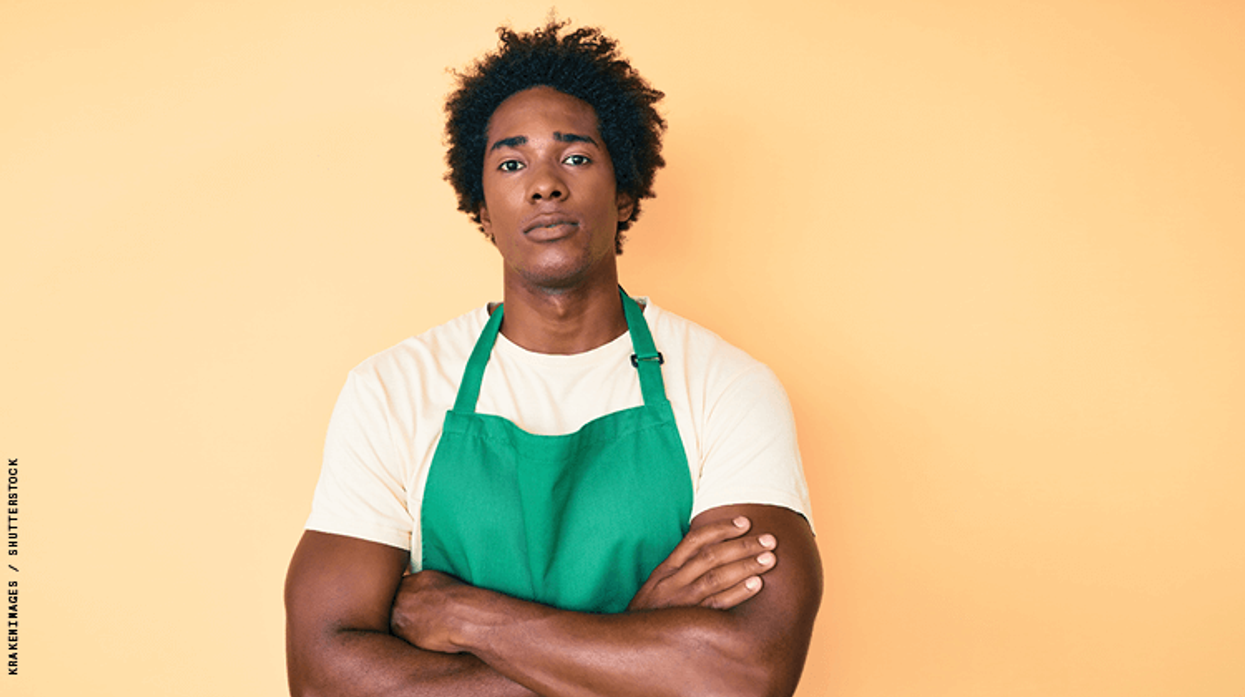Eat & Drink
Black Workers Tipped Less, Punished More, During Pandemic

A new report finds that Black service workers are earning less tips than their white coworkers since the pandemic started.
February 05 2021 10:00 PM EST
By continuing to use our site, you agree to our Privacy Policy and Terms of Use.

A new report finds that Black service workers are earning less tips than their white coworkers since the pandemic started.
A new report found that Black service workers who rely on tips have been earning less during the pandemic than their white coworkers.
The report, by One Fair Wage, a worker-advocacy group, also found that Black servers are more likely to experience retaliation for enforcing mask and social distancing rules.
The problem isn’t new. Before the pandemic, the report found that Black service workers already earned less in tips than white coworkers, with 60 percent of Black servers earning less than $15 an hour after tips, compared to just 43 percent of white servers. Additionally, 20 percent of Black waiters earned less than $10 an hour, compared to just 13 percent of white waiters.
During the pandemic though, things got worse for Black workers, with 88 percent reporting that their tips have decreased by half or more since the pandemic started, compared to 78 percent of all workers. Black workers are also being penalized for enforcing mask and social distancing at work, with 73 percent reporting that happening to them compared to 62 percent of all workers.
In addition, two thirds of all tipped workers have reported facing challenges when applying for unemployment insurance when they lose a job, but the number was particularly high (72 percent) among Black workers. In keeping with other reports about the disproportionate impact of the pandemic on Black communities, this study found that Black workers who receive tips were more likely to face exposure to the pandemic, with two thirds of Black workers knowing someone who died from the pandemic compared to 59 percent of workers overall.
Saru Jayaraman, president of One Fair Wage told the Washington Post that this information isn’t new. “We already knew customers tipped Black people less than white people before the pandemic, but then to be punished more than other workers for trying to enforce these rules makes this an issue of life and death.”
Jayaraman continued, saying, “the very divided nature of the nation is taking a toll on service workers having to serve the people who are the least likely to want to follow public health protocols. And the people bearing the highest brunt are, as always, Black workers.”
The survey was sent out to 40,000 tipped service workers in New York, Michigan, New Jersey, Pennsylvania, and Washington, DC, and about 4,000 responded.
The report hopes that these kind of pay disparities can be removed if Congress enacts the new minimum wage policy set out by Biden in his $1.9 trillion relief package.